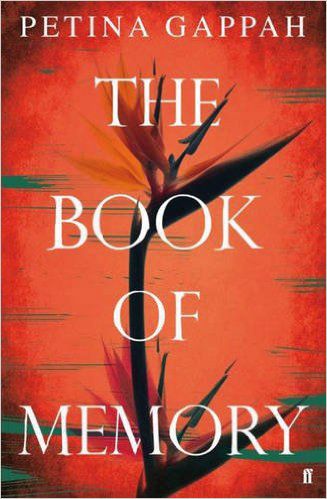
Memory is an unreliable source. That applies in the abstract, but also to Memory, the Zimbabwean narrator of Petina Gappah’s debut novel. Awaiting execution in a Harare prison, Memory recounts life before her conviction; sold into slavery as a child, she acquired an education thanks to a professorial master, for whose murder she is jailed. Interspersed with observations on captivity, these strands become The Book of Memory, written to appeal her sentence.
Gappah’s story collection, An Elegy for Easterly, was acclaimed for its sharp portrait of Zimbabwe, and The Book of Memory draws from the same palette. Her satirical voice—a hangman shortage stays Memory’s execution—probes injustices that enrage the author, a trained lawyer. The plot, as in previous stories, resembles a folktale, from Memory’s cruel childhood to her redemption by a benevolent stranger.
An albino, Memory even has a physical defect imbued with magical significance. Gappah conjures apparitions from Shona myth that remind us of the old world’s proximity to the new; Cambridge-educated Memory lives in fear of the spirit Njuzu, whose wanton terrorising is after all no less arbitrary than the western-style judiciary Zimbabwe inherited.
Working on a larger canvas allows Gappah to be more subtle than her stories. The fragmented, hazy narrative explores the relationship between fiction and memory in the stories we tell. Is her narrator’s book a deceitful, self-serving apologia, or an effort to understand the past? As Gappah writes: “Sometimes you come to understand things you cannot possibly have known; they make sense and you rewrite the memory to make it coherent.”











